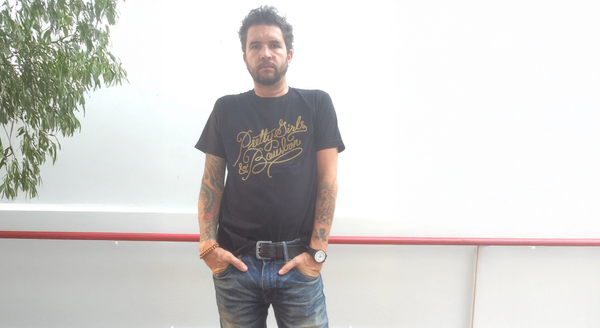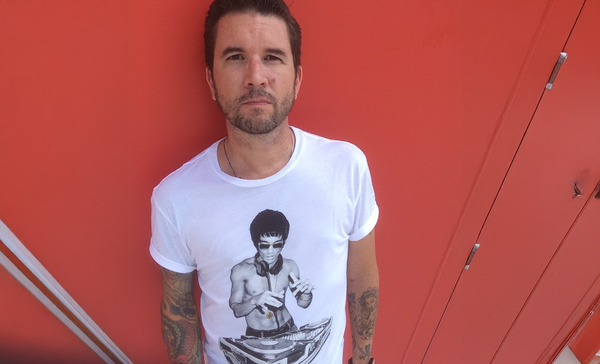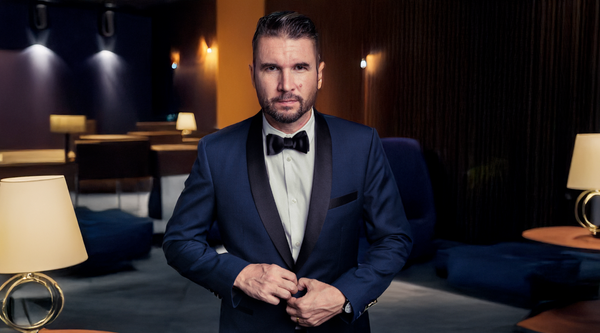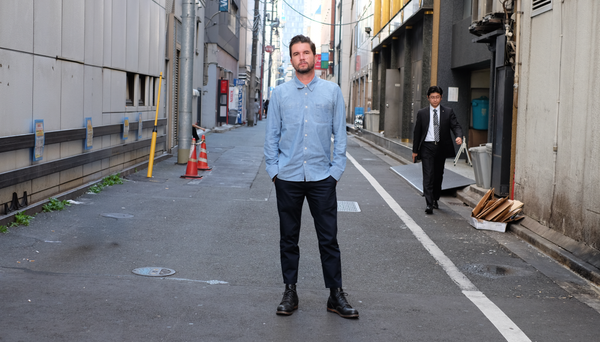The $96 Trillion Wake-Up Call: The Epilogue Economy in Focus
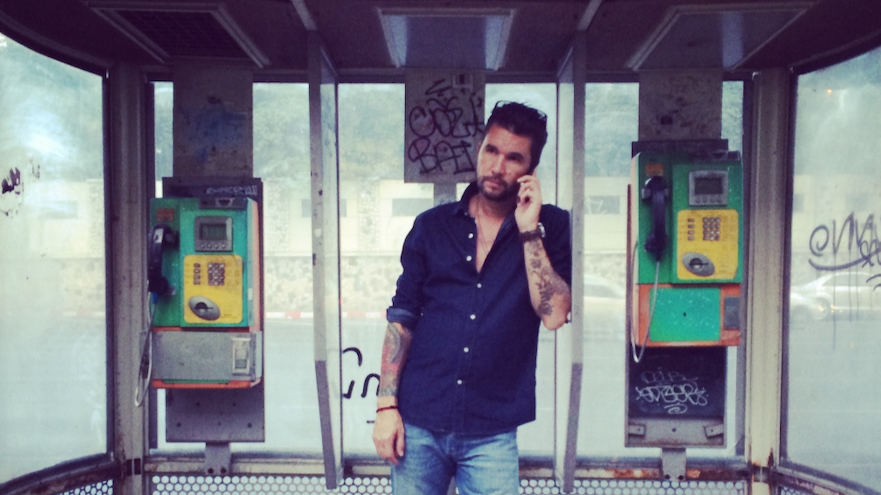
By 2050, individuals aged 50 and older are expected to account for 60% of consumer spending in 60 of the core 76 economies worldwide. This demographic’s spending is projected to reach nearly $96 trillion globally by 2050, highlighting their significant role in the global economy.
As a brand, an agency, or a company that wants to matter in the next 10 years, here is a strategic shortcut and an accelerator toward market growth: Work with those of us over 50. Or more to the point, work with me.
Not to replace your team, but to upgrade it. Not to slow things down, to spot what’s missing. We are specialists not just in our fields, but in our age, perspective, and pattern recognition. We’ve been here before, through downturns, reinventions, revolutions, and renaissances. We bring the benefit of time without being stuck in it.
For the First Time, Age Is a Growth Market
By 2050, adults aged 50+ in the U.S. will command $28 trillion in spending power. The European Union defines the “Silver Economy” as encompassing all economic activities catering to the needs of people aged 50 and over. In 2020, the EU 50+ demographic accounted for 50% of global consumption, with projections indicating this will rise to 59% by 2050.
Across APAC, birth rates have fallen sharply below replacement levels in many major economies. South Korea now holds the lowest fertility rate in the world at 0.72. Japan’s rate has dropped below 1.3, with the population shrinking year after year. In China, some estimates place the fertility rate at under 1.1. The result? A rapidly contracting younger generation - shrinking labor pools, rising economic pressure on fewer workers, and a looming structural imbalance that will reshape the region’s social and economic fabric.
At the same time, life expectancy across the region is rising fast. In Japan and Singapore, where I live, people now live well into their 80s, among the highest life expectancies in the world. By 2050, one in four people in APAC will be over 60, with those over 80 becoming the fastest-growing segment. This isn’t just a demographic trend. It’s a structural transformation that demands we rethink everything from how we work to market, design, and lead.
That’s not a silver economy, that’s a sovereign one. Yet this demographic receives just 5–10% of marketing attention. It’s a staggering mismatch between cultural relevance and commercial recognition.
The Power Shift No One’s Planning For
This is the heartbeat of what I call the Epilogue Economy, the rising influence of experienced professionals and consumers who are not aging out, but powering in. It’s where wealth, wisdom, and willingness to continue working converge. Where a career isn’t winding down, it’s morphing into something more personal, portable, and powerful.
The Epilogue Economy isn’t a stage of life. It’s a shift in mindset. It reframes retirement as reinvention, transforms passive consumers into active co-creators, and replaces outdated notions of aging with a renewed sense of agency. It’s not about winding down; it’s about showing up differently with perspective, power, and purpose.
What’s at Stake for Brands and Business Leaders
We’ve been trained to see older adults as a demographic, but they’re a strategic cohort. They’re not just spending more; they’re spending with intention, values, and vision. They’re also shaping younger generations’ expectations of what aging should look like.
The Epilogue Economy is already in motion. You see it in the 60-year-old strategist launching an AI-augmented consultancy, the 58-year-old creator building a personal brand rooted in wisdom instead of virality, the 55-year-old consumer rejecting beige stereotypes in favour of bold, unapologetic reinvention. And yet, most marketing still treats them like they’re one click away from a mobility scooter, missing the moment and the movement.
What This Means for Business, Brands, and Society
1. Labor Markets Will Flip
With fewer young workers entering and more older adults staying in, companies must restructure careers, not retire them. Think: phased careers, encore roles, intergenerational teams, and age-diverse leadership.
2. Older Consumers Become First Market, Not Last
Older consumers are already the core customers in economies like Japan and South Korea, and they are not the “aging” exception. Globally, premium travel, adaptive fashion, luxury wellness, and tech-for-longevity are growth sectors.
3. The Consumer is the Caregiver
Many older adults still support aging parents and younger kids, which some call the “triple-decker sandwich generation.” Financial services, insurance, healthcare, and education must adapt to meet this layered reality.
Reframing the Narrative: It’s Not Late, It’s Leverage
This isn’t about “supporting” older adults. It’s about activating them: in the workforce, the marketplace, and the culture. The real opportunity here isn’t in appealing to youth. It’s in making relevance ageless.
If you’re a brand leader, strategist, or creative, ask yourself not just “who are we talking to?” but “who are we ignoring?”
Because the most undervalued segment in the market today isn’t a startup, it’s the seasoned consumer with money, motivation, and a mandate for relevance.
Let’s Make This Personal
If your agency, brand, or leadership team is serious about understanding the Epilogue Economy, then don’t just study the trend, work with someone living it.
This is what I do.
I help companies see the 50+ market not as an afterthought, but as an advantage. I bring 30+ years of experience across strategy, creativity, culture, and transformation, sharpened for what’s next.
Whether it’s messaging, innovation, leadership recalibration, or generational strategy, I can help you unlock what you’re currently overlooking. I’ve spent the last few decades inside rooms where strategy meets story, and age isn’t a barrier, it’s a lens.
Let’s talk. Let’s build. Let’s reframe what relevance looks like in today’s real growth market..
Though not a journalist, I did write a book, where I explore how better thinking, not faster clicking, is the real edge in the age of AI.
